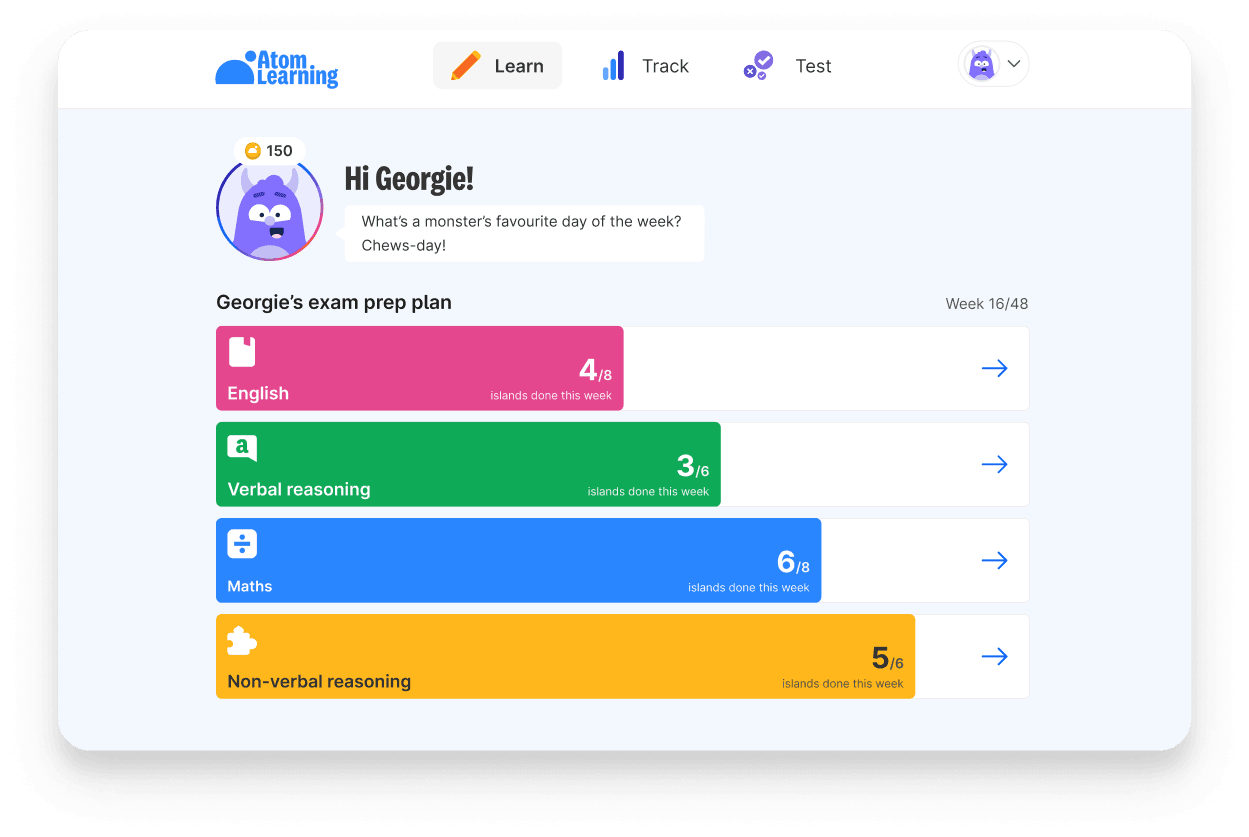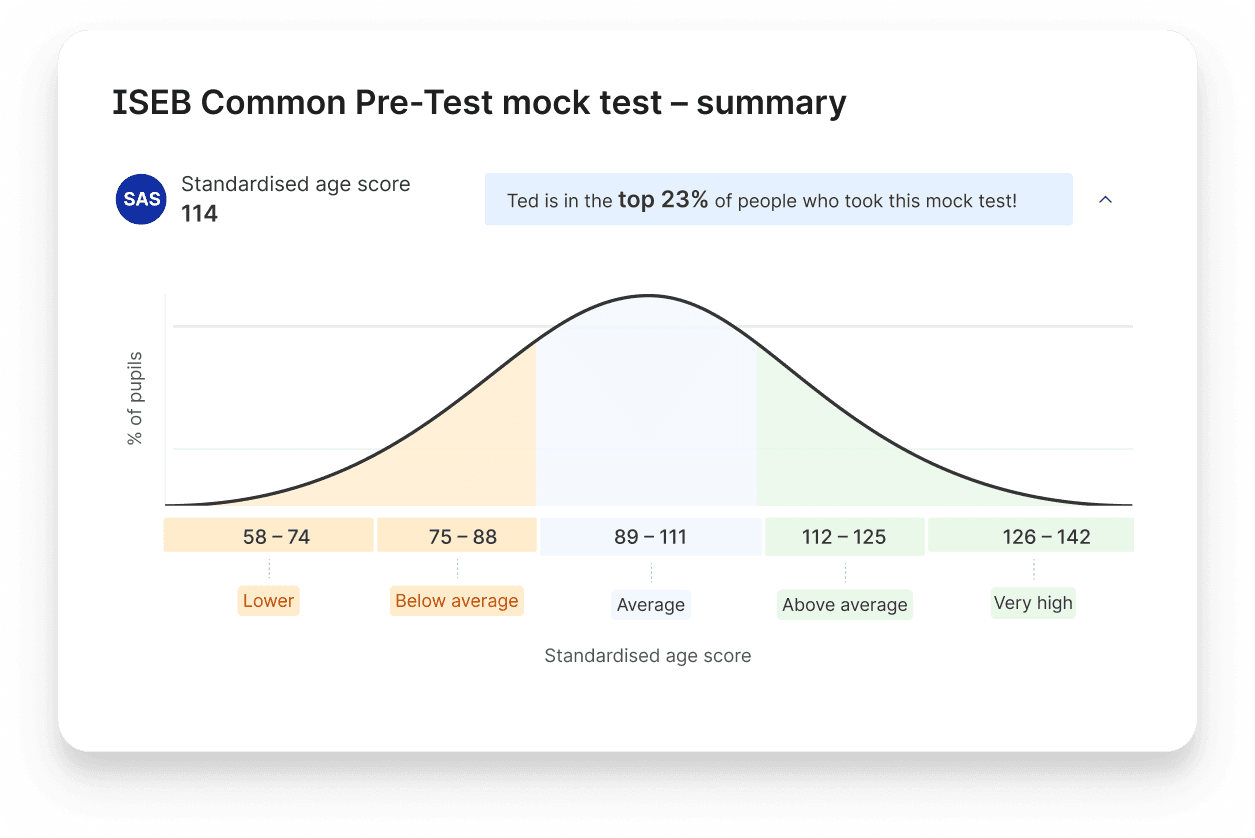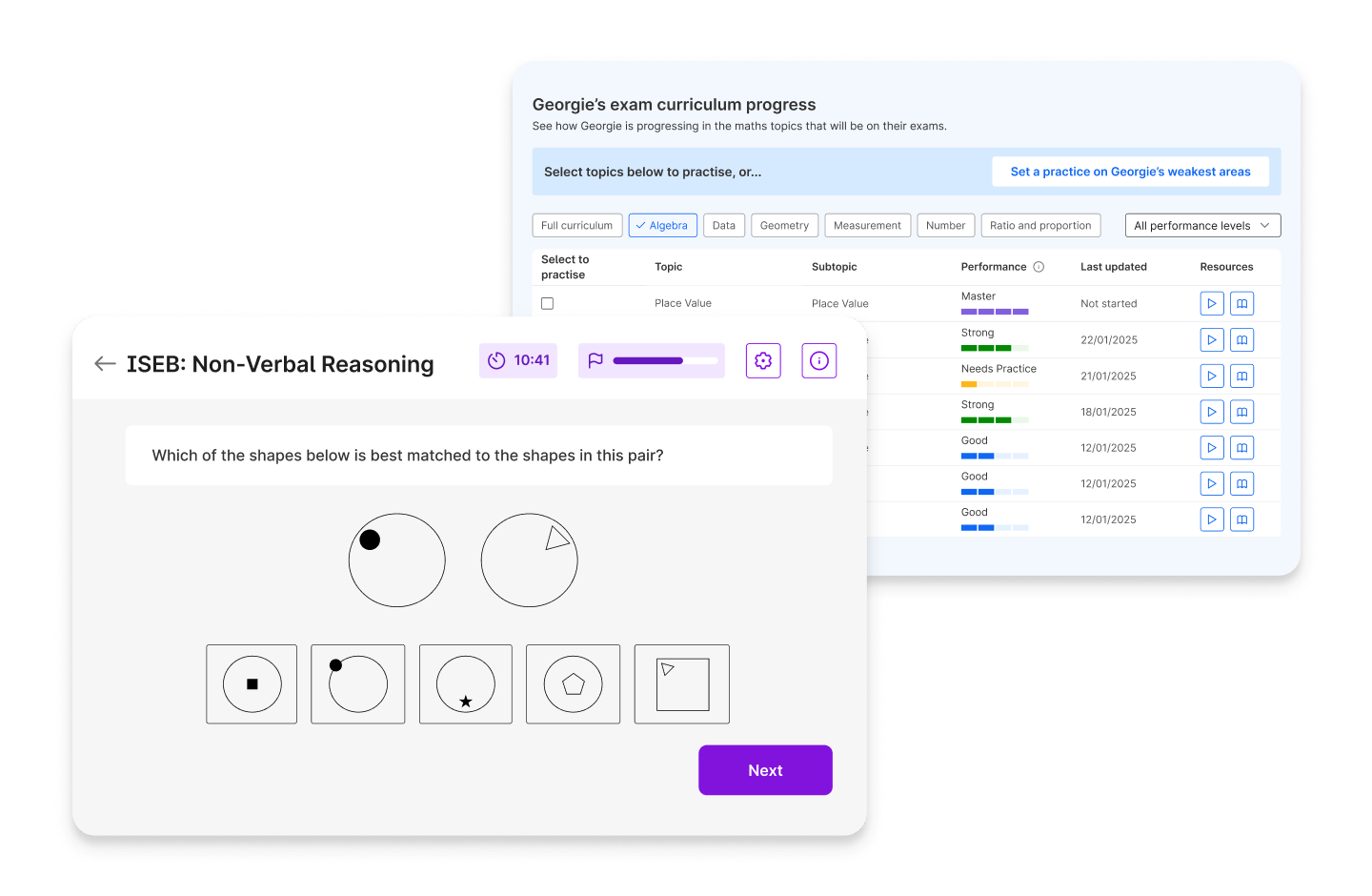Chances are that you have heard of Eton College – one of the top private schools in the UK and famous for educating world leaders, award-winning actors and prime ministers.
The boys-only boarding school was founded in 1440 by King Henry VI and places are extremely competitive. Each year, around 120 children will be offered a place.
We've collated everything you need to know about the admissions process for Eton. Keep reading to find out:
- What to expect at each stage of the 13+ entry process
- The format and content of the entrance exam
- How to help your child prepare (with free resources to boost exam prep!)
Key information for Eton College
- Headteacher: Simon Henderson
- Address: Eton College, Windsor, SL4 6DW
- County: Berkshire
- Age range and gender: 13–18, boys only
- Number of pupils: 1,300+
13+ admissions
- Admissions contact: [email protected], 01753 370611
- Open day: private tours – contact the admissions team to book
- Overview of entry process: ISEB Common Pre-Test, second-stage online assessment, interview, and Year 8 assessments
- Registration closes: 30th June in Year 5
- Assessment date: October–November in Year 6 (ISEB), spring/summer in Year 6 (second stage), spring in Year 8 (Common Entrance/Eton Entrance)
Eton College financial assistance and scholarships
Financial assistance
Eton College is able to offer means-tested financial assistance (bursaries). Boys who pass the entrance process but whose families wouldn't otherwise be able to afford the fees may be eligible for a bursary. Around 20% of Eton students are currently on a bursary, and many students pay no fees at all.
If you would like your child to be considered for a bursary, you will need to complete a bursary application form. An independent company will visit you at home to assess your family circumstances.
Scholarships
Eton College also offers a variety of awards and scholarships to boys entering the school in Year 9:
King’s Scholarships
Each year, 14 boys are awarded a King’s Scholarship. King’s Scholars live together in the same boarding house.
The King’s Scholarship exam takes place in late April in Year 8. The papers are based on the Common Entrance syllabus, but students need to provide more advanced analytical responses.
King's Scholars can receive up to 100% fee assistance based on financial need.
Music scholarships and exhibitions
Up to 8 music scholarships are awarded each year in February in Year 8.
Music scholars can receive up to 135 minutes of free music tuition each week. Music scholars can also receive financial assistance based on their family's financial needs.
Rokos scholarships
Up to 4 Rokos scholarships are available for bright boys applying to Eton from primary schools. Eligible children would need financial assistance to otherwise study at Eton. Boys who receive this award are guided on the best possible route to Eton through Years 7–8.
There is no separate application for this scholarship. All boys who are registered by the 30th June deadline are automatically considered.

.png)







